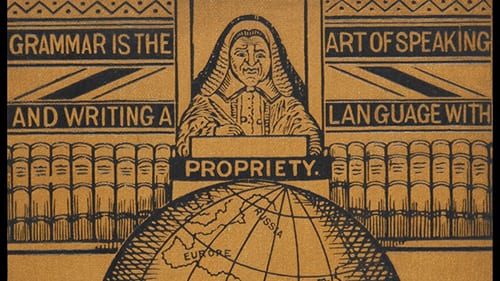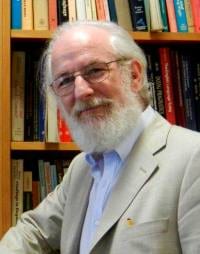Mans be writing ‘bout English Grammar Day and that innit
By ucyow3c, on 29 June 2015
How do you say scone? Is it a “skone’ or a “skon”? Or is that red, round, juicy fruit you make ketchup out of, a ‘tomaeto’ or a ‘tomatoe’. These were just a couple of the many questions raised by ‘Celebrating vernacular English’, a talk by Jonnie Robinson (Lead Curator, Sociolinguistics and Education, British Library) that was part of a joint conference organised by UCL, Oxford University and the British Library to celebrate English Grammar Day.
Well, as an answer to the question above, 65% of Brits pronounce scone as “skon’ with the remaining 35% enunciating the tea time treat as a “skone”, with the word having no right or wrong pronunciation due to the persons regional tongue or accent.
Robinson further explored the wide variations of the English language, and how it’s spoken, whether it be grammatical, phonological or lexical, as well as its tolerance (and intolerance) within society. He spoke of how some individuals enjoy the diversity of vernacular English, while others hold a stiff upper lip against its use. Furthermore, he mentioned how the linguistic variations in how people speak – yet not write – English is “a reflection of shared and diverse identities” – as well as being a “source of mutual pride” among those who speak a particular regional dialect.
 Close
Close




